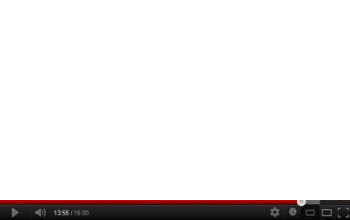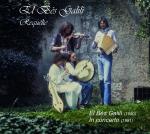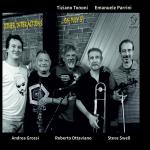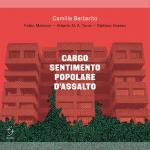
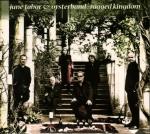
TABOR June & OYSTERBAND
Ragged Kingdom
WESTPARK 87215
4047179582025
Westpark
UK Regno Unito
Ragged Kingdom
WESTPARK 87215
World Music
4047179582025
Westpark
UK Regno Unito
In 1990 June Tabor surprised everyone who had her pegged as the archetypal traditional song interpreter by linking up with the feisty Oysterband for the rocky Freedom and Rain album and promotional tour. It worked spectacularly well, enhancing the reputation and, perhaps, broadening the horizons of both parties, yet the experiment was never repeated. Until now, 21 years later, with Ragged Kingdom.
Most reunions or visitations to the past are doomed to failure and - invariably tackled for the wrong reasons - run the risk of tarnishing the reputation of the original. No such cynicism surfaces here as the relish, joy and mutual understanding clearly invested by all concerned contribute to an immaculate performance and presentation that surely surpasses even its celebrated predecessor.
In 1990 June Tabor surprised everyone who had her pegged as the archetypal traditional song interpreter by linking up with the feisty Oysterband for the rocky Freedom and Rain album and promotional tour. It worked spectacularly well, enhancing the reputation and, perhaps, broadening the horizons of both parties, yet the experiment was never repeated. Until now, 21 years later, with Ragged Kingdom.
Most reunions or visitations to the past are doomed to failure and - invariably tackled for the wrong reasons - run the risk of tarnishing the reputation of the original. No such cynicism surfaces here as the relish, joy and mutual understanding clearly invested by all concerned contribute to an immaculate performance and presentation that surely surpasses even its celebrated predecessor.
On her second album of 2011 (her solo album, Ashore, is a tour de force in its own right) Tabor sings better than ever, responding to the simmering power of the band behind her to bring real depth and intensity to familiar traditional songs like Bonny Bunch of Roses, Son David and (a particularly fine version of) Fountains Flowing. These appear along with more leftfield choices like PJ Harvey's wonderful That Was My Veil, Shel Silverstein's The Hills of Shiloh and Bob Dylan's Seven Curses.
Tabor's anguished duet with John Jones on Joy Division's Love Will Tear Us Apart has been a showstopper on the rare occasions they've performed it in the past, and it is no less moving here - the Oysterband singer's own empathetic vocal interplay with Tabor throughout the album is another key reason why it works so well. It feels like a genuine union which takes both Tabor and the Oysters beyond their normal realms, with stimulating results for them and us. Later, there's almost a Byrds-like quality to the jangling rhythms driving The Leaves of Life.
From Ray Cooper's raging cello on Seven Curses, to the majestic, ceremonial arrangement of The Dark End of the Street and the eerily humming backing vocals on the otherwise unaccompanied (When I Was No But) Sweet Sixteen, this is an album that constantly scores on almost every level.
(BBC Review)

The Bonny Bunch of Roses (Roud 664; Laws J5) (4.59)
That Was My Veil (2.55)
My Son David (Roud 200; Child 13) (3.51)
Love Will Tear Us Apart (3.28)
(When I Was No But) Sweet Sixteen (Roud 5138) (3.03)
Judas (Was a Red-Headed Man) (4.13)
If My Love Loves Me (Roud 30; Child 25) (4.58)
The Hills of Shiloh (4.32)
Fountains Flowing (Roud 602) (3.51)
The Leaves of Life (Roud 127) (3.35)
Seven Curses (3.29)
The Dark End of the Street (2.51)

June Tabor, vocals;
John Jones, vocals, melodeon;
Ray Cooper, cello, mandolin, bass guitar, harmonium, vocals;
Dil Davies, drums;
Alan Prosser, guitars, kantele, fiddle, vocals;
Ian Telfer, fiddle;
Al Scott, bass guitar, mandola
Our Playlist
Our olaylist on Spotify, dedicated to P
re Minimalism, Minimalism and Post Minimalism.
© 2024 Felmay Srl - P.I. 06974300011 | Powered by: Riccardo Marino



















